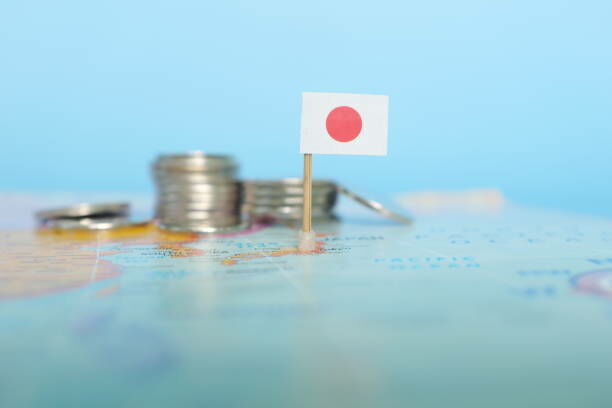Japanese firms urge Thai government to simplify customs and boost infrastructure

Japanese businesses based in Thailand have urged the government to simplify customs duty rules and enhance transport infrastructure, in addition to introducing economic strategies to increase public spending.
The Japanese Chamber of Commerce (JCC) in Bangkok recently communicated with the press to share insights from its newest survey assessing the business outlook amongst Japanese firms and investors in Thailand.
The survey has been conducted twice yearly for the past 53 years to gauge the business environment for Japanese companies in Thailand. The latest iteration, representing the latter half of 2023, concluded on the 20th of December.
Of the 1,646 company members of JCC Bangkok, 539 participated in the survey.
The prime modification sought by Japanese investors was a refinement in customs duty and clearance regulations.
Following this, the second most anticipated improvement was an enhancement in transport infrastructure.
Ranked third was the wish for the government to adopt policies aimed at increasing public consumption, said Jun Kuroda, the chair of the JCC Economic Research Group.
“The majority of the Japanese corporations in Thailand face lengthy and time-consuming customs and clearance procedures. The process of tax refunds is unsystematic and confusing.”
Kuroda revealed that the JCC had forwarded its recommendations to the government, and 35% of its members reported experiencing enhancements.
“We have seen improvement in tax regulations, but we’d like them to be better.”
Transport progress
While transport infrastructure has seen progress with the addition of more railways and sky trains, traffic congestion remains a significant issue that requires a solution, reported Bangkok Post.
With the global economic recovery experiencing a slowdown, export demand has dwindled, and domestic consumption of long-lasting goods has been lacklustre, according to Kuroda.
Consequently, JCC members hope the government will take further steps to encourage local expenditure.
Kuroda suggested that revising tax regulations, investing in fundamental infrastructure, and introducing measures to boost government consumption could stimulate spending.
“The second half of the last year showed negative sentiment. However, in the first half of 2024, the diffusion index looks more optimistic.”
The Japanese private sector anticipates a sustained recovery in inbound tourism, the execution of the government’s economic stimulus strategies, and a revival in export demand, Kuroda shared.
“We don’t know what policy the government will use to stimulate its economy, but we hope it’s successful.”
In related news, Thailand’s Cabinet has given the green light to extend the 30-day visa-free entry privilege for Japanese visitors, including Japanese business travellers.
Latest Thailand News
Follow The Thaiger on Google News:


























